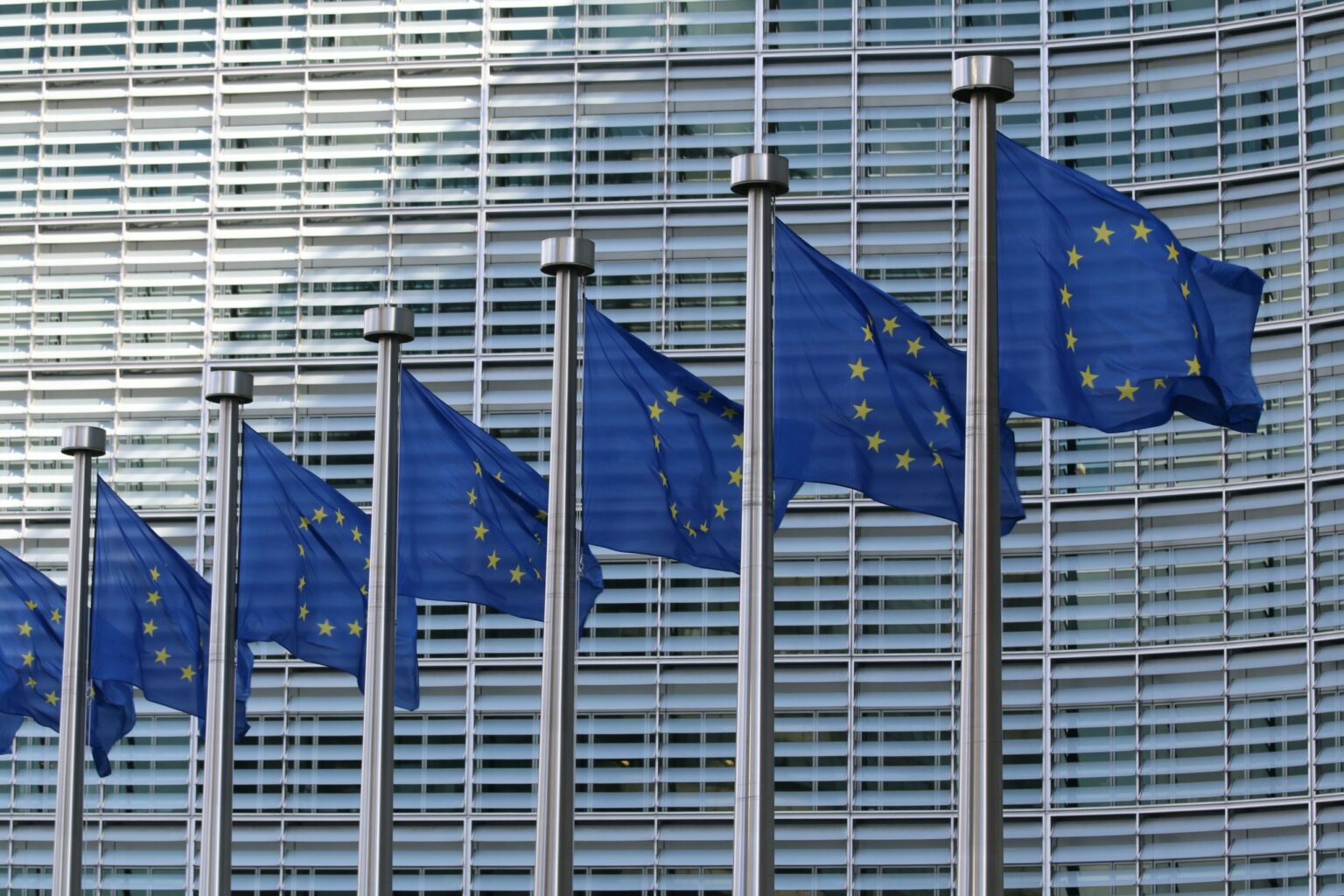EU Enlargement Review 2024
ILGA-Europe together with ERA – the LGBTI Rights Association for the Western Balkans and Turkey, presents this LGBTI Enlargement Review 2024 assessing gaps in legislation and policy for the protection and advancement of the human rights of LGBTI people in the enlargement countries, and identifying priorities.

The fundamental rights of LGBTI people need to be a core part of the accession process and EU institutions need to work with the authorities in each accession country to ensure the gaps are tackled and important pieces of legislation are advanced over the next year.
The EU enlargement process has leverage and needs to be fully used to support the adoption of important legislation protecting the fundamental rights of LGBTI people, as well as call out when governments advance laws that go against EU principle of fundamental rights, democracy and rule of law.
Over the last year, not only have we seen the worrying trends of governments challenging the rule of law, an increase in LGBTI phobic hate speech by politicians and religious leader continuing and foreign influence being exerted to challenge advances on human rights continue, but in a number of candidate and accession countries, ruling parties have been pushing legislation forward that is actively limiting the human rights of vulnerable groups including LGBTI people. We have also seen governments putting forward Russian style foreign agent laws in Georgia and Republika Srpska in Bosnia- Herzegovina. LGBTI rights are being used to polarise society, often to distract from a broader undermining of democracy and the rule of law in these countries and other more important socio- economic and political issues.
The annual enlargement report process is a key moment to remind governments of the criteria that need to be met and point out where advancement on rule of law and the protection of fundamental rights are needed to advance the process. While in some countries progress has been too slow and the EU should ensure that important legislative processes are finally seen through (such as the legal gender recognition in Montenegro and partnership recognition for same-sex partners and a new hate crimes legislation in Ukraine), it is important to be very clear that the attempts to put forward laws that actively cancel EU fundamental rights cannot be tolerated and will need to lead to a reconsideration of the status granted by the EU.
It is especially important in this context that the EU insist that the protection of LGBTI people’s human rights are a core part, as they are often falling behind the requirements. The recommendations regarding the human rights of LGBTI people in the EU enlargement reports are key in holding governments accountable to the commitments made. This also means putting an emphasis on ensuring proper implementation of the laws protecting and granting access to fundamental rights. It is key that the EU makes this a priority in all the countries, also by supporting initiatives for training and education.
Through the region of all enlargement and candidate countries, we can clearly see how foreign forces are gaining influence and are challenging alliance with EU values and fundamental rights. The strength of disinformation and anti-LGBTI sentiment being spread across the Western Balkans region, particularly in Serbia, Bosnia and Herzegovina, Montenegro and North Macedonia, has intensified even more since Russia’s war in Ukraine, with LGBTI people and civil society as targets of smear campaigns, hatred and hostility, often originating from the government level, pro-Russia forces and religious leaders. We can see the anti-gender movement gaining more ground, spreading countless hostile and hateful statements and protests, disturbing public order and democratic processes. Politicians, religious leaders and newly formed organisations were among the most common perpetrators of hate speech, which translates into actual hate and violence against LGBTI people.
The anti-rights movement, which is well funded and coordinated, has taken root strongly in the Western Balkans region in the last years. In order to stand against this increasing influence of anti- gender forces and foreign governments trying to undermine the EU rule of law and democracy, strong civil society organisations are key as they continue to build social acceptance for fundamental rights, support vulnerable groups and are a corner stone of democratic societies.
The fact that LGBTI organisations in the Western Balkans have seen EU support decrease has further weakened their work and social cohesion in those countries. A number of LGBTI organisations had to close, and many at brink of closing, while they are facing organised attacks against their physical spaces, as well as against the legal framework which protects and guarantees their equal rights. The EU must be a supporting partner to these organisations, including their views meaningfully in consultations and negotiations, modelling civil dialogue as an important part of a democratic society, and continuing to support LGBTI organisations in the region through funding in the extremely fragile context.